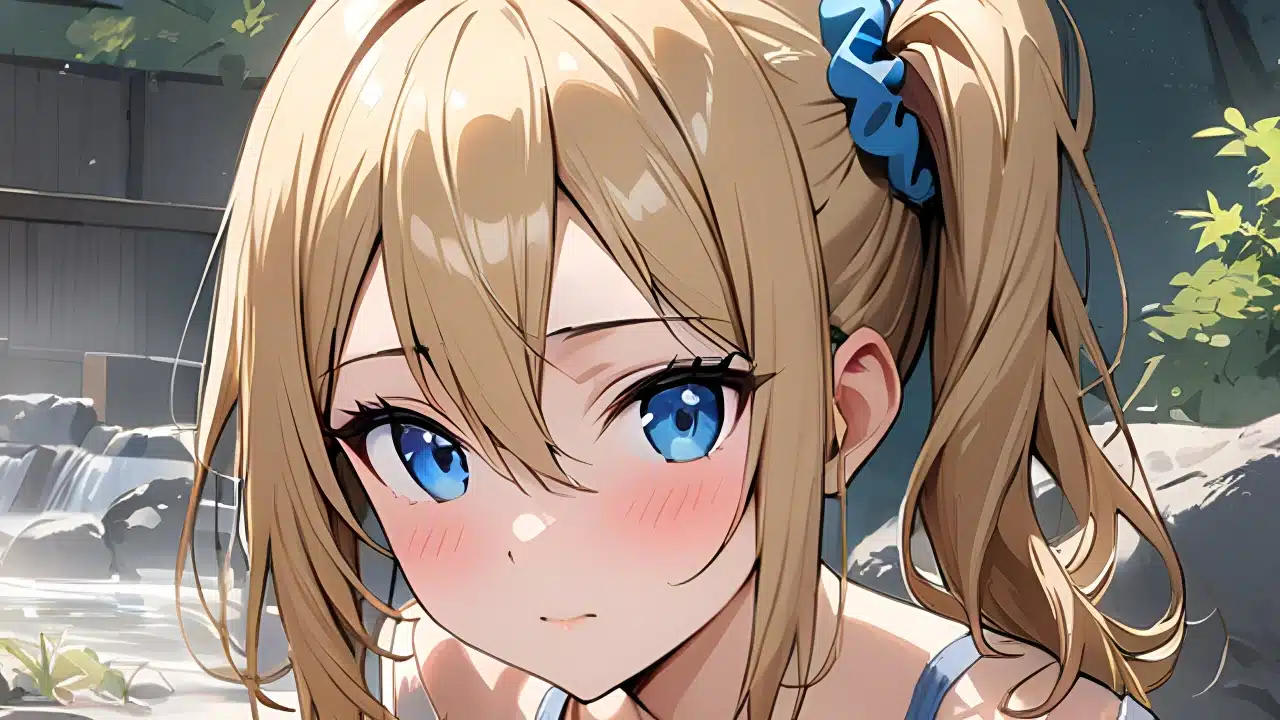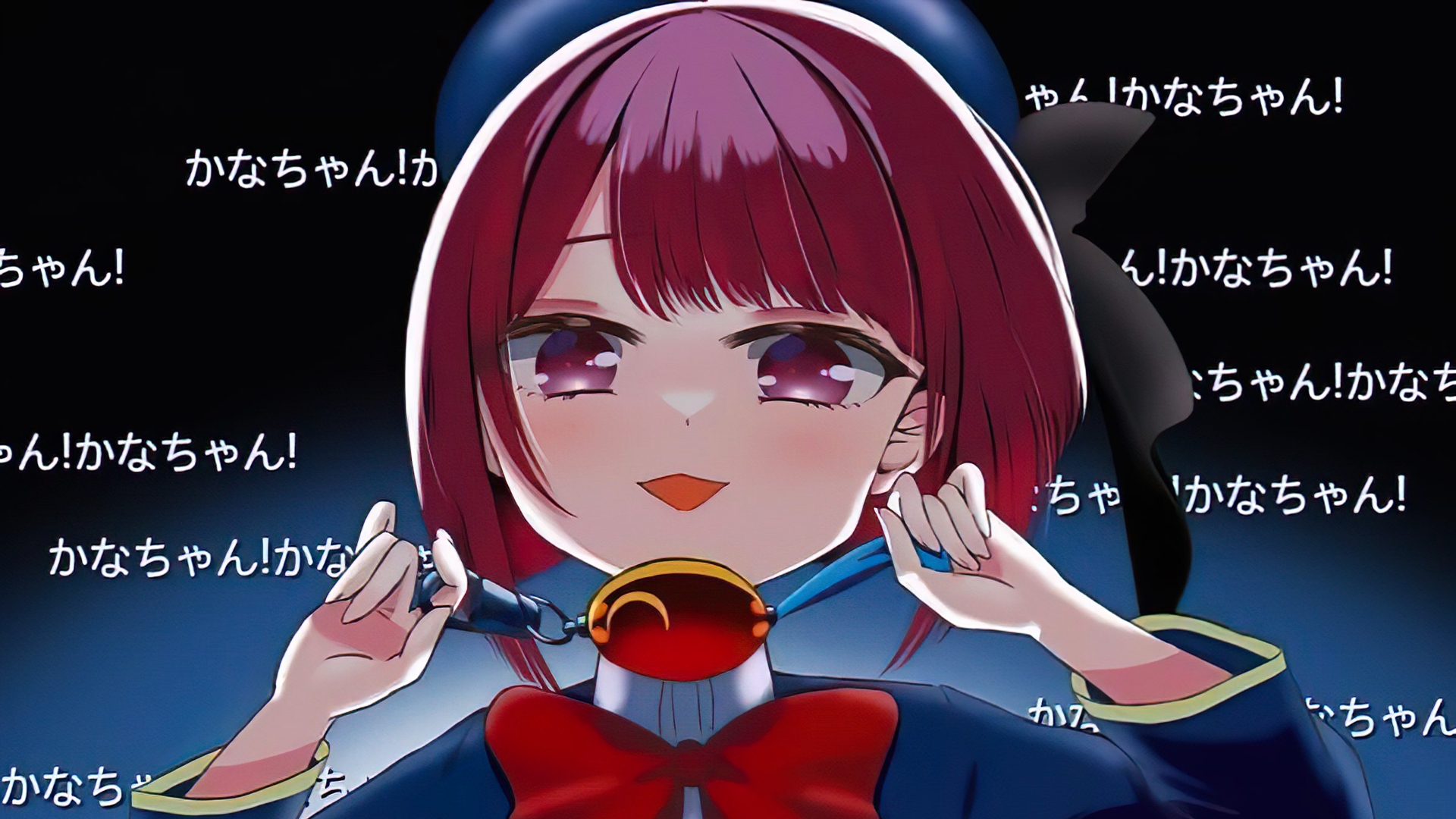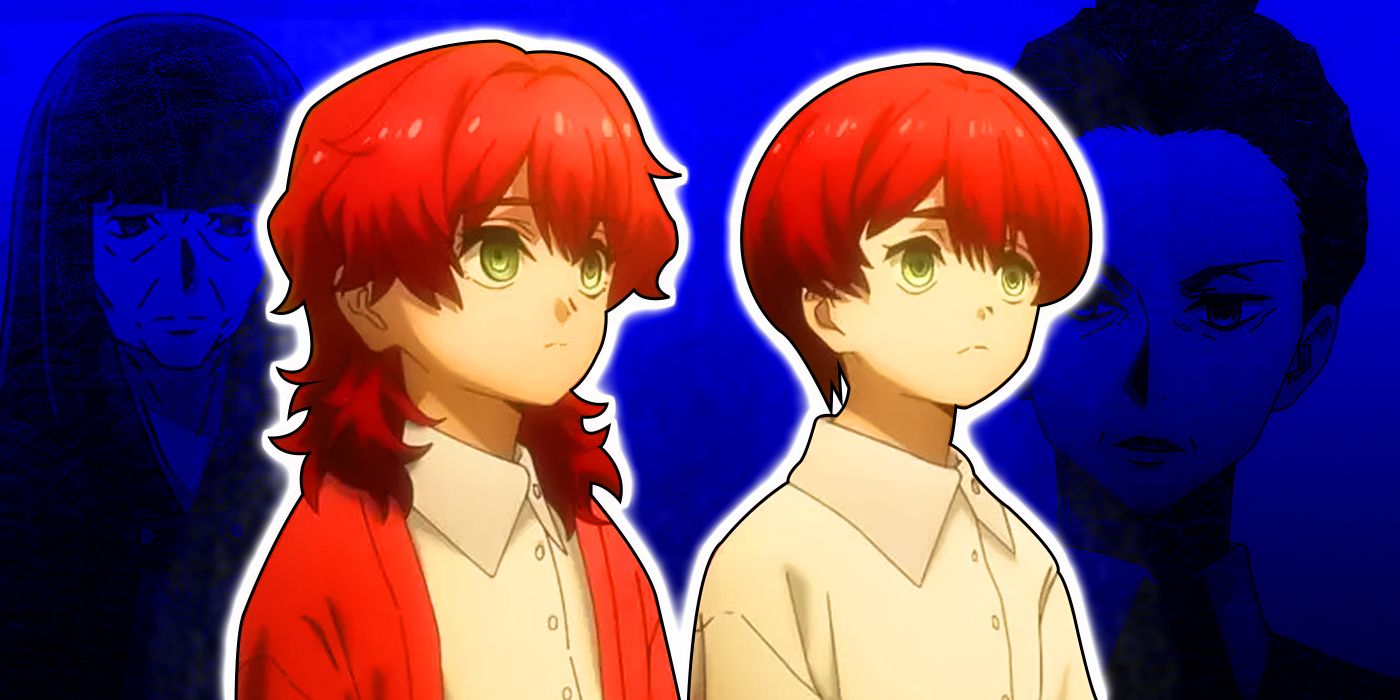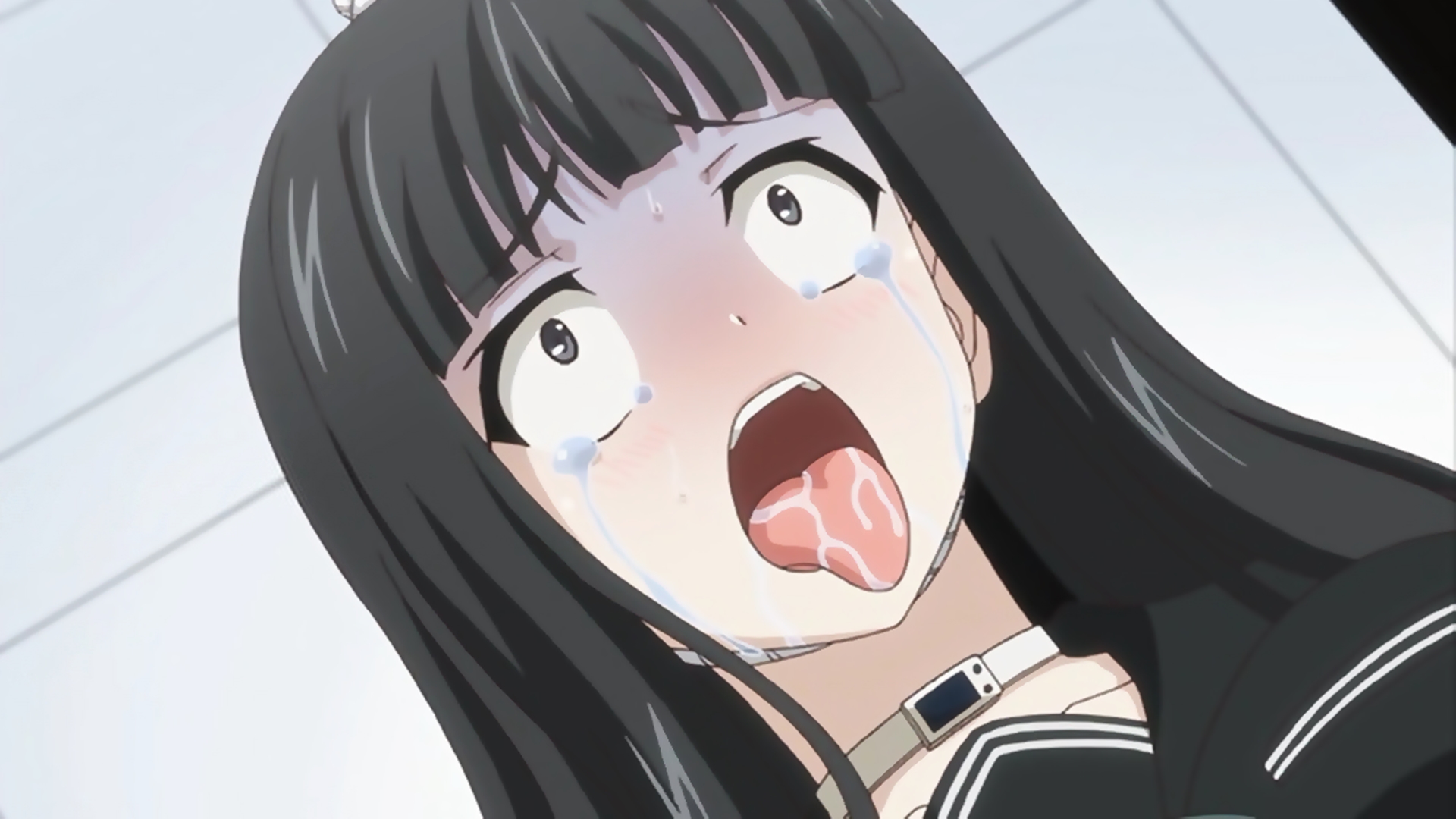Otaku Culture
Japan takes a stand against AI translation
Advertisement
The Japanese Translators Association has spoken out against a large-scale project to translate manga using AI.stating that implementing the plan “is not in the country’s interest”.

Via PR Times, the Japan Association of Translators (JAT) has expressed deep concern over a large-scale public-private initiative to use AI to mass translate manga and export them overseas. The organization claims that current AI translations fail to fully reflect the nuances of a work and its characters or its cultural context. Furthermore, over-reliance on AI will “eliminate the jobs of those who have supported manga translation for many years” and lead to “cheap elimination of human resources in the name of cost reduction.” Ultimately, undermining readers' trust through poor translations can drive many to piracy.
JAT firmly states that “this is not in the country’s interest” and expresses its deep concern that the initiative to use AI for large-volume translation and export of manga “will harm Japan’s soft power.” The association now calls on all parties, including manga artists, companies (publishers), the government, translators, translators' organizations and readers, to come to the table for a careful and constructive dialogue.
The public-private initiative in question concerns the manga startup Orange, backed by major manga publisher Shogakukan (Detective Conan, Sousou no Frieren) and nine others. The consortium has invested US$19 million in Orange, which promises to translate more than 50,000 manga titles using AI in the next five years. Fan reception to the news was mixed. Some reacted enthusiastically, citing faster releases and less translation and localization bias. Others pointed to countless cases of poor AI-driven translations – lacking nuance or human sensitivity – and an ecosystem that encourages cost-cutting at the expense of customer experience or ethics.
As the JAT comment suggests, online translators were almost unanimously against the motion. Many say they have already been fired and rehired as “editors” instead of translators, even though the workload is the same given the vast inaccuracy of AI. The rapid precariousness of work due to AI was also seen as an affront to the many workers who helped bring Japanese media to the world stage.
AI has been at the center of an industry-wide movement to improve rights for Japanese creators. NAFCA has stated regarding AI and its detrimental effect on copyright and the creator’s original intent: “We believe that there should not be a situation where the “perpetrator” wins and the “victim” cries himself to sleep.“. The Japan Independent Authors League (JAL) was also formed in April 2024, citing various concerns about a creator's moral rights, copyright issues in the manga and art sector, and the threat of AI.
Source: Press release





